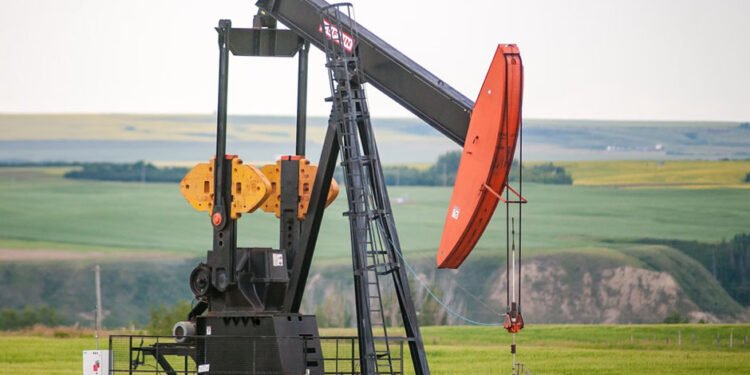Oil fields are the lifeblood of the global economy, playing a crucial role in powering industries, transportation, and everyday life. You may be curious about the significance of these vital resources and their impact on the world.
Explore the top five reasons why oil fields are truly indispensable.
The Significance of Oil Fields in the Global Economy
Oil fields are the cornerstones of the global energy landscape, providing the raw materials necessary to fuel your modern way of life. From the extraction of crude oil to the refining and distribution of various petroleum products, the oil industry is a complex and intricate ecosystem that touches nearly every aspect of your life. At the heart of this ecosystem lies the oil field, a vast expanse of land or offshore area where oil reserves are located. These fields are equipped with specialized machinery and require reliable oilfield equipment, all working in harmony to extract and process the precious black gold.
The economic significance of oil fields cannot be overstated. The revenue generated from the sale of oil and its derivatives is a crucial source of income for many nations, funding essential public services, infrastructure development, and economic growth. Additionally, the oil industry is a major employer, providing jobs for millions of people around the world, from geologists and engineers to rig workers and transportation specialists.
Job Creation From Oil Fields
The oil industry is a powerful engine of job creation, with oil fields serving as the epicenter of this employment boom. The exploration, extraction, and processing of oil require a diverse range of skilled professionals, from geologists and engineers to technicians and logistics specialists.
The jobs created by the oil industry are not limited to the fields themselves. Ancillary industries, such as equipment manufacturing, transportation, and support services, also thrive in the presence of active oil fields. This ripple effect helps to stimulate local and regional economies, driving economic growth and prosperity.
The Role of Oil Fields in Energy Production
Oil fields, including those where supply is facilitated and simplified by wireline services such as Renegade WLS, are the primary sources of the world’s most widely used energy resource – crude oil. This vital raw material is then refined and processed into a wide range of petroleum products, including gasoline, diesel, jet fuel, and lubricants, all of which are essential for powering our modern transportation systems, industrial processes, and domestic energy needs.
Without the steady supply of oil from active fields, the global energy landscape would be radically different. Economies would grind to a halt, transportation networks would collapse, and the very foundations of our industrialized society would be shaken.
The importance of oil fields in energy production cannot be overstated. As the world continues to grapple with the challenges of transitioning to renewable energy sources, oil fields remain a crucial component of the global energy mix, providing a stable and reliable source of energy that underpins our way of life.
Oil Fields and National Security
Oil fields are not just economic assets; they are also critical to national security. Many nations, particularly those with significant oil reserves, view their oil fields as strategic resources that are essential to their energy independence and geopolitical influence.
The control and access to oil fields can be a source of tension and conflict between nations, as countries seek to secure their energy supplies and protect their economic interests. This has led to military forces being deployed to guard oil fields and to develop specialized technologies and tactics to safeguard these vital assets.
Furthermore, the disruption or destruction of oil fields can have far-reaching consequences, both economically and geopolitically. The loss of oil production can lead to global supply shortages, price volatility, and even political instability, making the protection of oil fields a matter of national importance for many countries.
Conclusion: The Continued Importance of Oil Fields in the Modern World
As the world grapples with the challenges of climate change and the transition to renewable energy sources, the importance of oil fields remains undiminished. These vital resources continue to play a crucial role in powering the modern way of life, driving economic growth, and ensuring national security.












